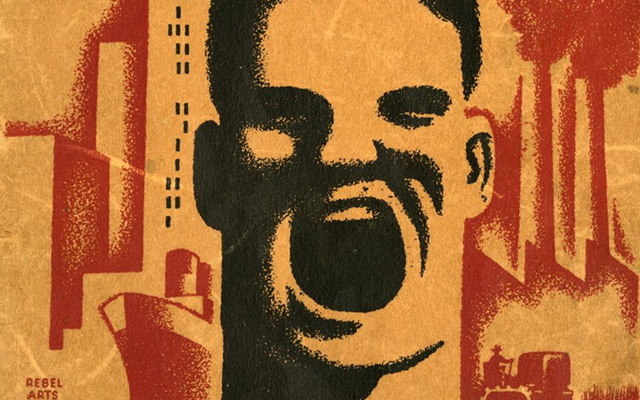Affidavit for movement of trial
- Title
- Affidavit for movement of trial
- Description
- Affidavit drawn up by prosecuting attorney John A. Richardson motioning for moving trial of Thomas Brady outside of Robeson County, N.C. It was feared that it would be difficult for the State to have a fair trial as opinion in the county was overwhelmingly in favor of Brady's killing of Stephen Locklear. Locklear had been a member of the Lowrie (Lowry) gang of outlaws; a gang that committed a series of robberies and murders against the upper class, from 1865 until 1872. Law enforcement's attempts to capture the gang members later became known as the Lowry War.
- Date
- March 04, 1872
- Original Format
- manuscripts
- Extent
- 19cm x 30cm
- Local Identifier
- 1271-b1-fa
- Subject(s)
- Robeson County (N.C.)--History
- Criminals--North Carolina--Robeson County
- Outlaws--North Carolina--Robeson County
- Trials (Murder)--North Carolina--Robeson County
- Spatial
- Location of Original
- East Carolina Manuscript Collection
- Rights
-
This item has been made available for use in research, teaching, and private study. Researchers are responsible for using these materials in accordance with Title 17 of the United States Code and any other applicable statutes. If you are the creator or copyright holder of this item and would like it removed, please contact us at als_digitalcollections@ecu.edu.
http://rightsstatements.org/vocab/InC-EDU/1.0/ - Permalink
- https://digital.lib.ecu.edu/49570
- Preferred Citation
- Cite this item
- This item
-
 Affidavit for movement of trial
Affidavit for movement of trial
- My Collections Login
- Printable Feedback Form
- Found in theme/project
-
 Special Collections Staff Picks
Special Collections Staff Picks
- Location of Original
- Henry Berry Lowrie (Lowery) Papers from the East Carolina Manuscript Collection
- View all digitized items from the Henry Berry Lowrie (Lowery) Papers
Related Search Results
Public access is provided to these resources to preserve the historical record. The content represents the opinions and actions of their creators and the culture in which they were produced. Therefore, some materials may contain language and imagery that is outdated, offensive and/or harmful. The content does not reflect the opinions, values, or beliefs of ECU Libraries.
Contact Digital Collections
If you know something about this item or would like to request additional information, click here.
Comments
Comment on This Item
Complete the fields below to post a public comment about the material featured on this page. The email address you submit will not be displayed and would only be used to contact you with additional comments or questions.



Solicitor John A. Richardson motions to have Thomas Brady’s trial moved out of Robeson County, N.C. owing to strong feeling among the citizens there that Brady’s murder of Stephen Locklier was “considered to have been a good deed.” Brady was connected to a band of outlaws known as the Lowrie (also spelled Lowry) Gang who resisted the Confederate Home Guard in the area of Robeson County during the Civil War as well as their successors in the period running through the early 1870s.An interesting period account of the Lowrie Gang is available in George Alfred Townsend’s The Swamp Outlaws: or, The North Carolina Bandits : Being a Complete History of the Modern Rob Roys and Robin Hoods (1872). The Langford North Carolina Collection has a recent reprint available for use among its reference holdings under the call number NoCar Ref F262.R6 S93 2015.Also noteworthy and available for free electronic access through East Carolina University Digital Collections is The Lowrie History: As Acted in Part by Henry Berry Lowrie, The Great North Carolina Bandit, with Biographical Sketch of His Associates (Lumberton, N.C.: Lumbee Pub. Co., c1909) at https://digital.lib.ecu.edu/17019